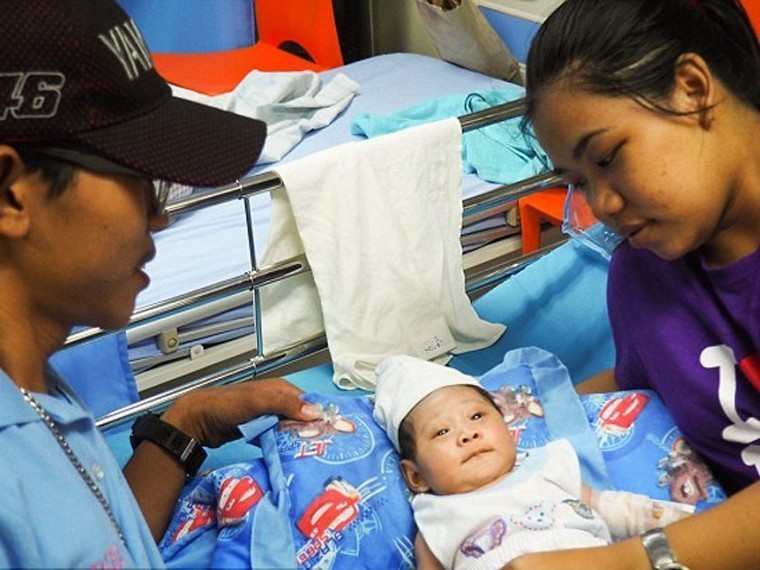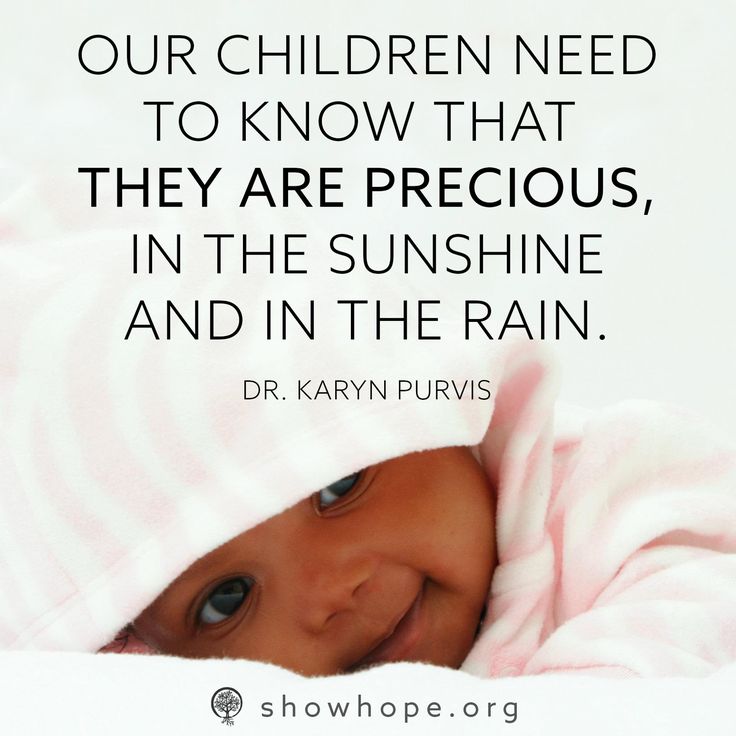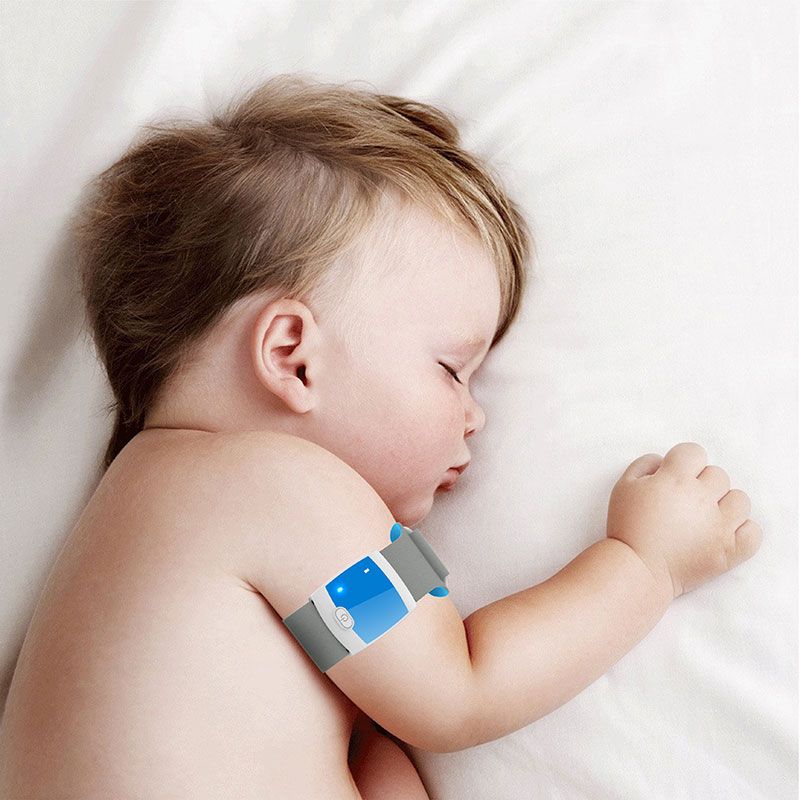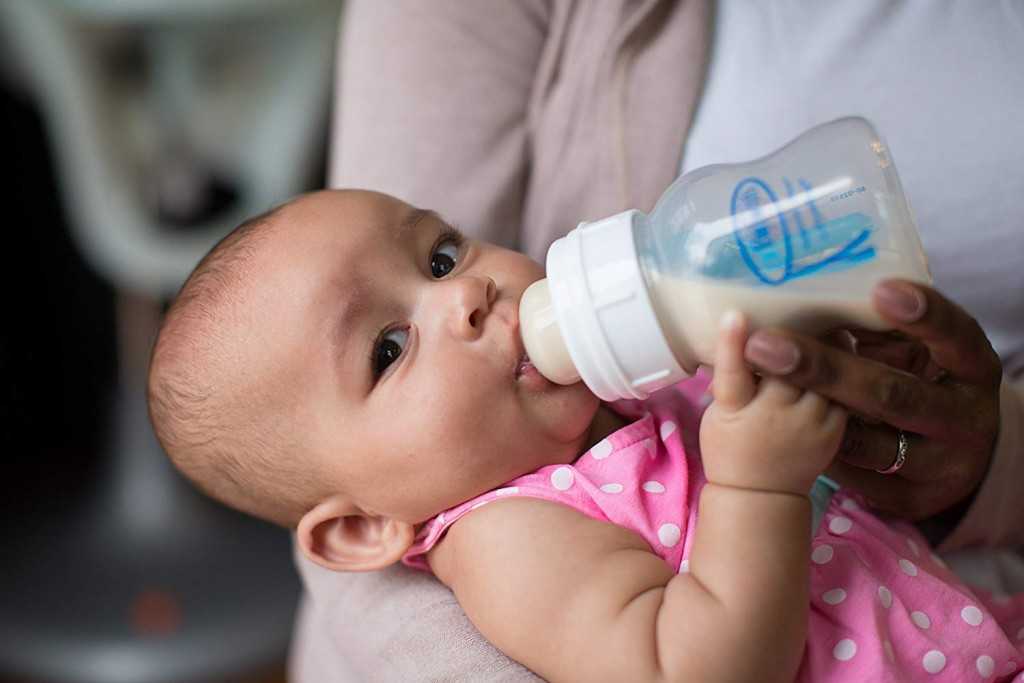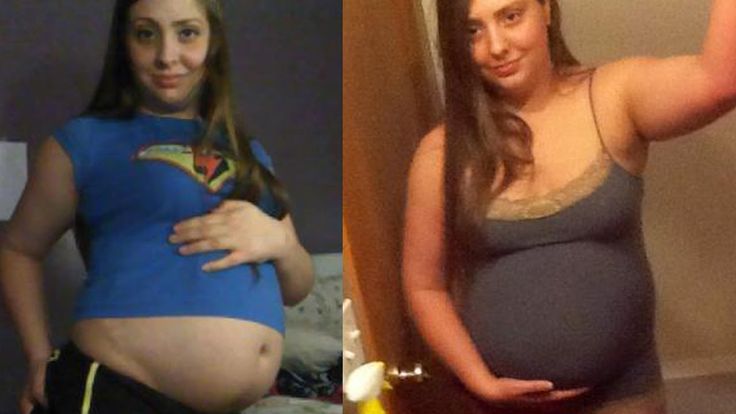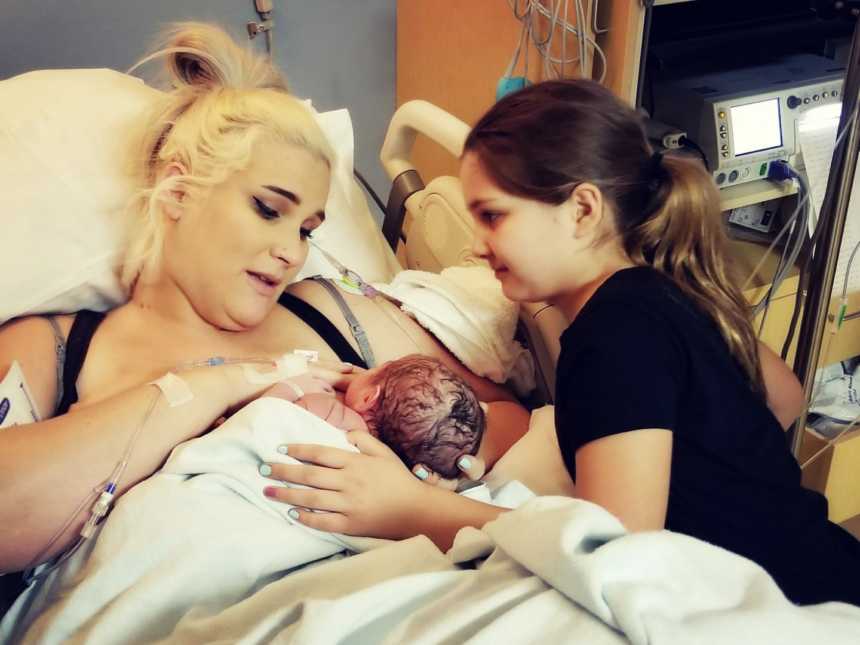37 weeks old baby born
Baby Born at 37 Weeks: What to Know
At 37 weeks, you might be pretty much over being pregnant, so hey, welcoming your baby three weeks before your due date might not be such a bad thing, right?
While previously considered “term,” a baby born at 37 weeks is now classed as “early term” by the American College of Obstetrics and Gynecology.
So why did they make this change, and what does it mean if you give birth at 37 weeks?
Fear not, mama, we’ve got the facts. Keep reading for our guide to babies born at 37 weeks.
In this article 📝
- What does a baby born at 37 weeks look like?
- What happens if a baby is born at 37 weeks?
- Do babies born at 37 weeks need NICU?
- Will my baby have to stay in hospital if born at 37 weeks?
- Is baby fully developed at 37 weeks?
- Is it safe to deliver at 37 weeks?
What does a baby born at 37 weeks look like?
At 37 weeks, your baby is packing on the pounds, so they’ll be similar in length and weight to a full-term baby.
The average baby born at 37 weeks weight is around 6.5 pounds and will measure around 19 inches head to toe.
Looking good!
What happens if a baby is born at 37 weeks?
A baby born at 37 weeks will be given the usual checks to monitor their condition – sometimes known as an Apgar test.
This is a quick method to check baby’s overall health by assessing their color, respiratory effort, heart rate, reflexes, and muscle tone.
Do babies born at 37 weeks need NICU?
Sometimes, babies born at 37 weeks will need to stay in NICU for a short while, but it’s quite unlikely.
The list of typical baby born at 37 weeks complications is minimal, so unless there is a medical condition or birth trauma, a baby born at 37 weeks will often be able to stay with mom until it’s time to go home.
The switch in classification from “term” to “early term” in 2012 indicated that babies born at 37 weeks were having more initial issues than babies born at 38 weeks or later, but the incidence of serious health risks is still very low.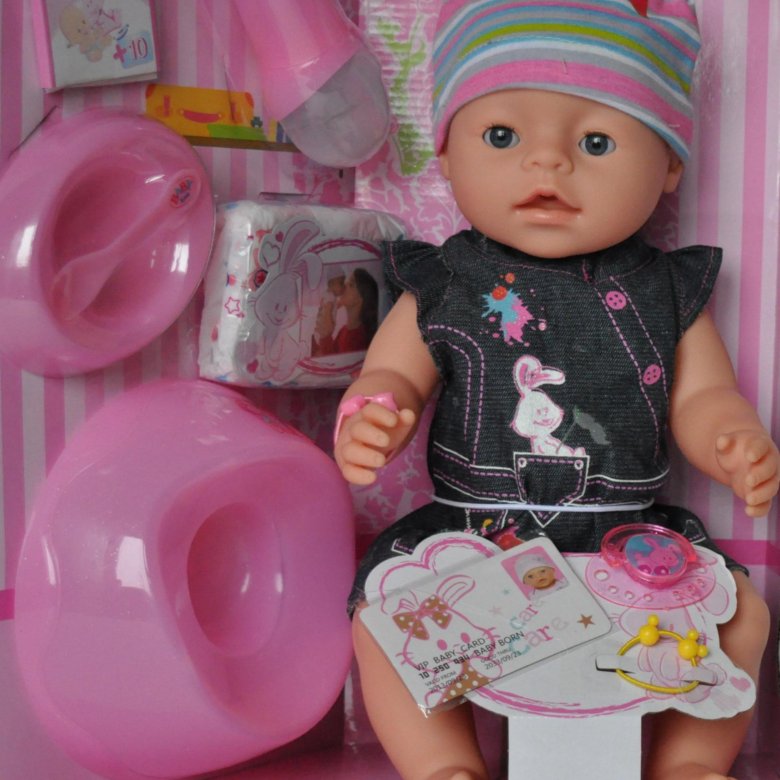
Will my baby have to stay in hospital if born at 37 weeks?
Maybe, but maybe not!
This will vary on a case-by-case basis, just as it does for full-term babies.
Sometimes babies born at 37 weeks will face some initial difficulties, but they are often short-term and easily resolved.
If they are feeding, breathing, and keeping themselves warm with no assistance, you’ll be good to go.
If you give birth by c-section, it’s normal to have a short stay in the hospital while you recover from surgery and start the healing process.
This can be a great time to ask the medical team around you any questions you may have about your little one’s condition and seek advice around breastfeeding or pumping, if necessary.
Is baby fully developed at 37 weeks?
Yes and no.
Babies will continue to put on weight, their internal systems will mature, and their brain and lungs will grow and develop every day until they’re born.
So, being born three weeks before their due date means they’re still a little premature.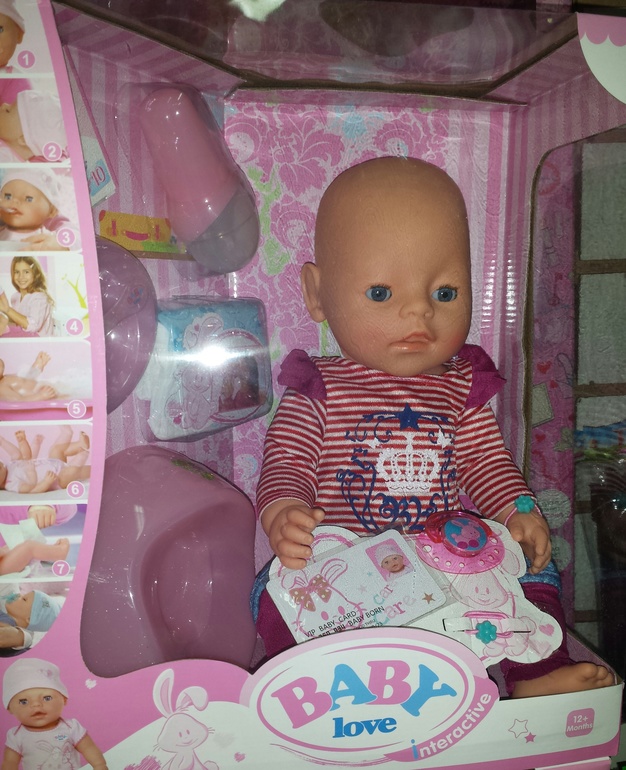
While everything is where it should be at 37 weeks, it’s just a case of practice makes perfect.
Is it safe to deliver at 37 weeks?
In some cases, it might be necessary to deliver your baby at 37 weeks due to an underlying maternal or fetal condition.
This will be done under closely monitored conditions at your hospital so that both your and your baby’s safety is assured.
If you go into labor spontaneously at 37 weeks, it doesn’t mean it’s not safe.
But it’s good for all mamas-to-be to know the signs of early labor so you can birth your baby as safely as possible.
You may be in early labor if you notice any unusual cramping or contractions that don’t go away, are getting closer together, or are more painful, you lose your mucus plug, or your water breaks.
At this point in pregnancy, anything can happen, so don’t be afraid to call your doctor if you have any concerning symptoms.
This could be it!
You might also be interested in:
Premature Babies: All You Need to Know
What to Look for in a Preemie Pacifier
Premature baby | Pregnancy Birth and Baby
Premature baby | Pregnancy Birth and Baby beginning of content10-minute read
Listen
What is a premature baby?
Most pregnancies last 40 weeks. A baby born before the 37th week is known as a premature or pre-term baby. Medical advances have meant that more than 9 out of 10 premature babies survive, and most go on to develop normally.
A baby born before the 37th week is known as a premature or pre-term baby. Medical advances have meant that more than 9 out of 10 premature babies survive, and most go on to develop normally.
In Australia, almost 1 in every 10 babies is born prematurely. Most Australian premature babies are born between 32 and 36 weeks and don't have any serious long-term problems.
Very premature babies are at a higher risk of developmental problems. It is possible for babies born at 23 to 24 weeks to survive, but it is risky.
Most babies born before 32 weeks, and those weighing 2.5 kg or less, may need help breathing and may be cared for in a neonatal intensive care unit (NICU) until they have developed enough to survive on their own. Babies born between 32 and 37 weeks may need care in a special care nursery (SCN)
Why are babies born prematurely?
The cause of premature birth is unknown in about half of all cases. However, some of the reasons babies are born prematurely include:
- problems with the cervix, when it is too weak to hold the weight of the baby and uterus so it starts to open prematurely (called cervical incompetence)
- multiple pregnancy (twins or more)
- the mother gets an infection
- the mother has a medical condition that means the baby must be delivered early, such as pre-eclampsia
- problems with the placenta such as placental insufficiency, placenta praevia, placenta accreta or placental abruption
- preterm premature rupture of membranes, when the amniotic sac spontaneously ruptures
- the mother has a health condition like diabetes
- a history of premature birth
If you are less than 37 weeks pregnant and you experience any of the signs of premature labour, such as contractions, your waters breaking, bleeding, a 'show' of mucus from your vagina or a sudden decrease in your baby's movements, contact your doctor or nearest delivery suite immediately.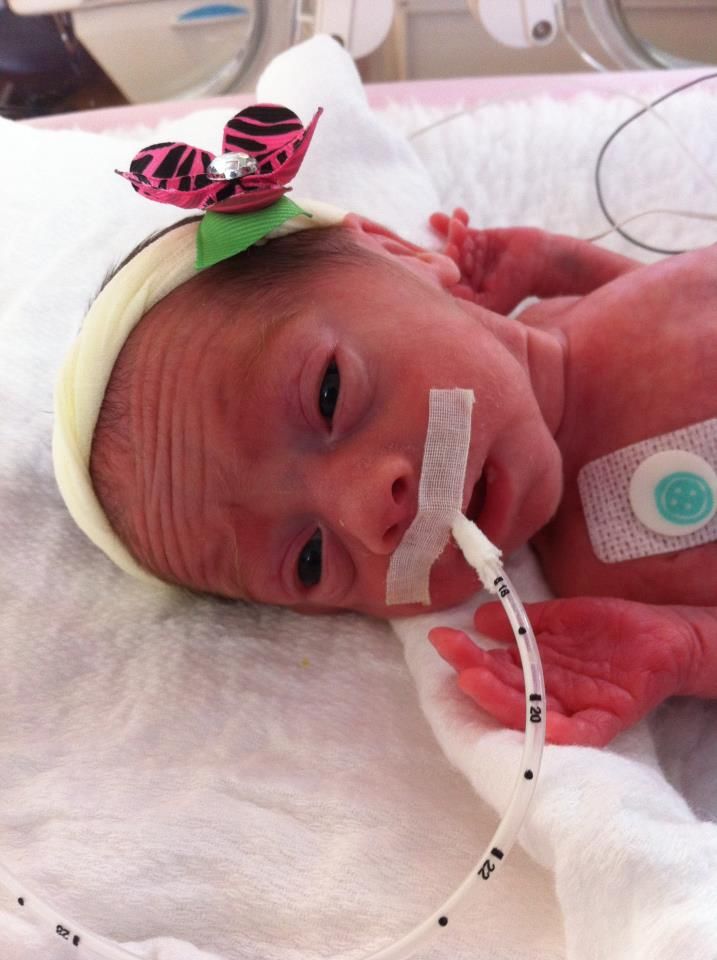 It may be possible to slow down or stop the labour. But each day the baby stays inside your womb, the greater their chance of survival.
It may be possible to slow down or stop the labour. But each day the baby stays inside your womb, the greater their chance of survival.
In most cases labour starts by itself, and the signs will usually be the same as labour that starts at full term.
The signs of premature labour include:
- pressure in the pelvis, as if the baby is pushing down
- cramping in the lower part of the belly
- diarrhoea, nausea or vomiting
- constant lower back pain
- a change in your vaginal discharge, or more discharge than normal
- mucous, blood or fluid leaking from your vagina
- waters breaking
- regular contractions, or contractions that come more than 4 times an hour
- baby’s movements slowing down or stopping
Find out more about the signs of labour and what happens.
What should I do if I experience the signs of premature labour?
If you have any of the signs listed above, contact your midwife or doctor straight away. If you are going to have your baby early, it’s important to get help as soon as possible.
If you are going to have your baby early, it’s important to get help as soon as possible.
You should also contact your midwife or doctor if you experience swelling in your face, hands or feet, or double vision, blurred vision or other eye disturbances. These are signs of pre-eclampsia, which is a common cause of pre-term deliveries.
If you go into labour prematurely, you will need to be treated in a hospital that has facilities for the newborn, such as a neonatal intensive care unit (NICU) or special care nursery (SCN).
You can find your nearest suitable hospital on the Miracle Babies Foundation website.
How is a premature labour managed?
At the hospital, you will probably have a pelvic examination or an ultrasound. The medical team will check whether your cervix has started to open for labour and monitor the baby.
It is best for very premature babies to be born at a hospital that has an NICU. If the hospital where the baby is born does not have an NICU, you and your baby may be transferred to another hospital.
When you are in labour, you may be given medicines to stop the contractions for a while. This allows you to be transferred to another hospital if necessary. You may also receive injections of corticosteroids 12 to 24 hours before the birth. Steroids will reduce the risk of the baby suffering from the complications of being born very early (particularly breathing difficulties and bleeding).
Premature babies can be born very quickly. They will usually be born through the vagina. However, in some cases the doctor may decide it is safest to deliver the baby via caesarean. Your doctor will discuss this decision with you.
A medical team from the neonatal (newborn) unit will be there for the birth. As soon as your baby is born, they will care for the baby in your room, possibly using a neonatal (baby) resuscitation bed. The team will keep your baby warm and help them to breathe with an oxygen mask or breathing tube, and possibly medicine. Some babies need help to keep their heart beating with cardio-pulmonary resuscitation (CPR) or an injection of adrenalin.
Once your baby is stable, they may be transferred to the NICU or SCN.
Will I be able to hold my baby?
How soon you are able to hold your baby will depend on their medical condition. You may be able to hold them on the day they are born, but you might need to wait a few days or weeks until they are stable enough.
Holding you baby, known as kangaroo care, is important part of your baby’s health and wellbeing, and the maternity staff will support you as soon as you are able.
Will I be able to feed my baby?
After your baby is born, you’ll be asked to start expressing breastmilk. Maternity staff, lactation consultants and Australian Breastfeeding Association counsellors will help you. Breastmilk is full of antibodies and nutrients that will be very important for your baby’s health and growth.
What will my premature baby look like?
Babies born at 36 to 37 weeks usually look like small full-term babies. Very premature babies will be small (perhaps fitting in your hand) and look very fragile.
- Skin: it might not be fully developed, and may appear shiny, translucent, dry or flaky. The baby may not have any fat under the skin to keep them warm.
- Eyes: the eyelids of very premature babies may be fused shut at first. By 30 weeks they should be able to respond to different sights.
- Immature development: your baby might not be able to regulate its body temperature, breathing or heart rate. They may twitch, become stiff or limp or be unable to stay alert.
- Hair: your baby may have little hair on its head, but lots of soft body hair (called 'lanugo').
- Genitals: the baby's genitals may be small and underdeveloped.
Will my premature baby's development be delayed?
Some common issues for premature babies include:
- breathing problems
- heart problems
- problems in their digestive tract
- jaundice
- anaemia
- infections
Most premature babies will develop normally, but they are at higher risk of developmental problems so will need regular health and development checks at the hospital or with a paediatrician. If you are worried about your child's development, talk to your doctor.
If you are worried about your child's development, talk to your doctor.
Problems that may occur later in children who were born prematurely include:
- language delays
- growth and movement problems
- problems with teeth
- problems with vision or hearing
- thinking and learning difficulties
- social and emotional problems
How do I calculate my baby's correct age?
When you're judging whether your premature baby is developing normally, it is important to understand their 'corrected age'.
The corrected age is your baby's chronological age minus the number of weeks or months they were born early. For example, a 6-month-old baby who was born 2 months early would have a corrected age of 4 months. That means they may only be doing the things that other 4-month-olds do. Most paediatricians recommend correcting age when assessing growth and development until your child is 2 years old.
When will my baby be able to come home?
The hospital will not send your baby home until they are confident both the baby and you are ready. Staff will make sure you understand how to care for your baby at home. They will also show you how to use any equipment you may need.
Staff will make sure you understand how to care for your baby at home. They will also show you how to use any equipment you may need.
You will need appointments to see a neonatologist (newborn baby doctor) or paediatrician. Your local child health nurse will also see you regularly.
It is normal to feel a little worried when you are looking after your baby yourself after so long in hospital. Take it slowly in a calm and quiet environment until you both get used to being at home.
Who can I talk to for advice and support?
If you need support, contact the Miracle Babies Foundation's 24-hour support line on 1300 622 243.
The Australian Breastfeeding Association can provide advice and support on feeding your baby on 1800 686 268.
Speak to a maternal child health nurse
Call Pregnancy, Birth and Baby to speak to a maternal child health nurse on 1800 882 436 or video call. Available 7am to midnight (AET), 7 days a week.
Sources:
Australian Institute of Health and Welfare (AIHW) (Mothers and babies), Raising Children Network (Premature labour, birth and babies), Raising Children Network (Your premature baby's appearance), Raising Children Network (Premature baby development concerns), Raising Children Network (Going home with your premature baby), Women’s and Children’s Health Network (Premature babies), NSW Pregnancy and Newborn Services Network (Birth before 32 weeks), Miracle Babies (What is prematurity?), Miracle Babies (Treatment of preterm labour), Queensland Government (Queensland Clinical Guidelines; Preterm labour and birth)Learn more here about the development and quality assurance of healthdirect content.
Last reviewed: March 2020
Back To Top
Related pages
- Neonatal intensive care unit (NICU)
- Special care nursery (SCN)
- What is kangaroo care?
Need more information?
Premature birth & premature babies | Raising Children Network
This essential guide for parents of premature babies covers gestational age, premature birth risk factors, premature labour and premature development.
Read more on raisingchildren.net.au website
Premature babies and birth | Raising Children Network
Premature babies are born before 37 weeks of pregnancy. Our essential guide covers premature birth, babies, development, NICU and more.
Read more on raisingchildren.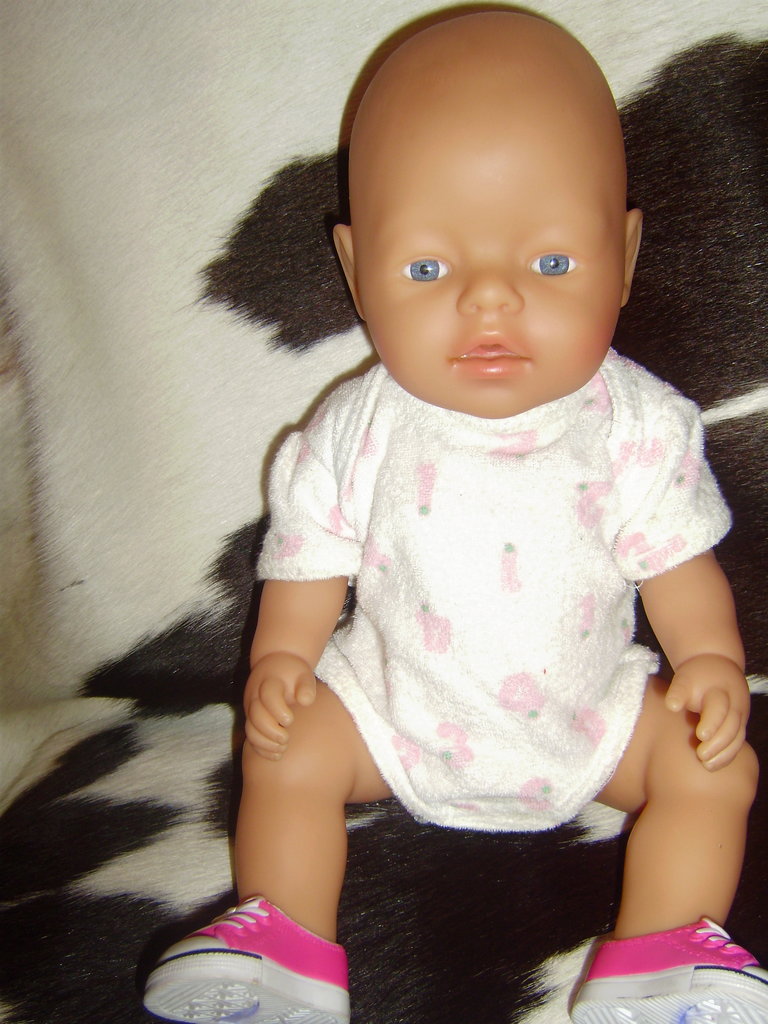 net.au website
net.au website
Dads: premature birth and premature babies | Raising Children Network
After a premature birth, it can be hard for dads. Our dads guide to premature babies and birth covers feelings, bonding, and getting involved with your baby.
Read more on raisingchildren.net.au website
Premature birth: questions & checklist | Raising Children Network
Our checklist has answers to questions about premature birth and labour, covering where and how premature babies are born, and things to ask medical staff.
Read more on raisingchildren.net.au website
Bonding with premature babies in the NICU | Raising Children Network
For parents with premature babies in the NICU, bonding might seem hard. This guide explains how to use touch, song, play and daily care to bond with baby.
This guide explains how to use touch, song, play and daily care to bond with baby.
Read more on raisingchildren.net.au website
Premature birth: coping with your feelings | Raising Children Network
After a premature birth and while caring for a premature baby, it’s normal to have powerful and mixed feelings. Here’s how to cope with your feelings.
Read more on raisingchildren.net.au website
Breastfeeding your premature baby | Australian Breastfeeding Association
This article is based on our booklet 'Breastfeeding Your Premature Baby'. The booklet contains valuable information from research on breastfeeding premature infants, as well as experiences of other parents of premature babies to inform, reassure and encourage you. If your baby has been, or is about to be born prematurely, we recommend that you purchase the booklet, which will provide much more information to help you deal with the challenges of breastfeeding and parenting your baby.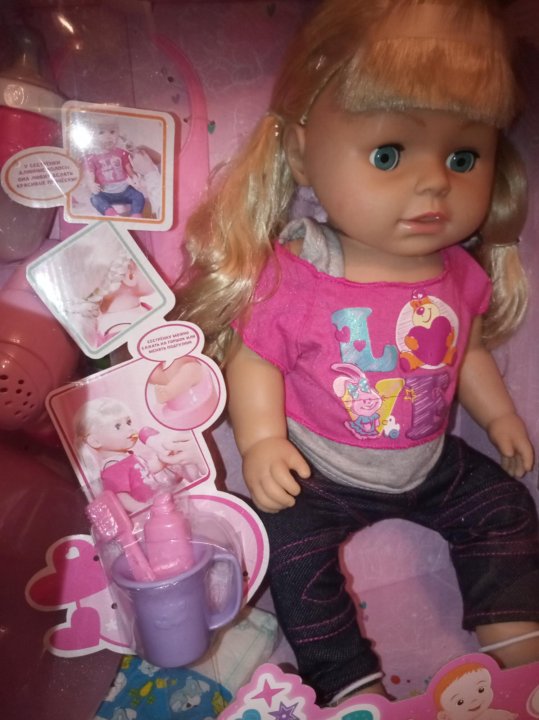
Read more on Australian Breastfeeding Association website
NICU: sleep & noise for premature babies | Raising Children Network
Noise in the neonatal intensive care unit (NICU) can affect how premature babies sleep. Here’s how you and staff can help your premature baby sleep better.
Read more on raisingchildren.net.au website
Sleeping - Miracle Babies
A premature baby’s success at sleeping is vitally important to their health and growth
Read more on Miracle Babies Foundation website
What is Prematurity? - Miracle Babies
Prematurity is the term used to describe when a baby is born early
Read more on Miracle Babies Foundation website
Disclaimer
Pregnancy, Birth and Baby is not responsible for the content and advertising on the external website you are now entering.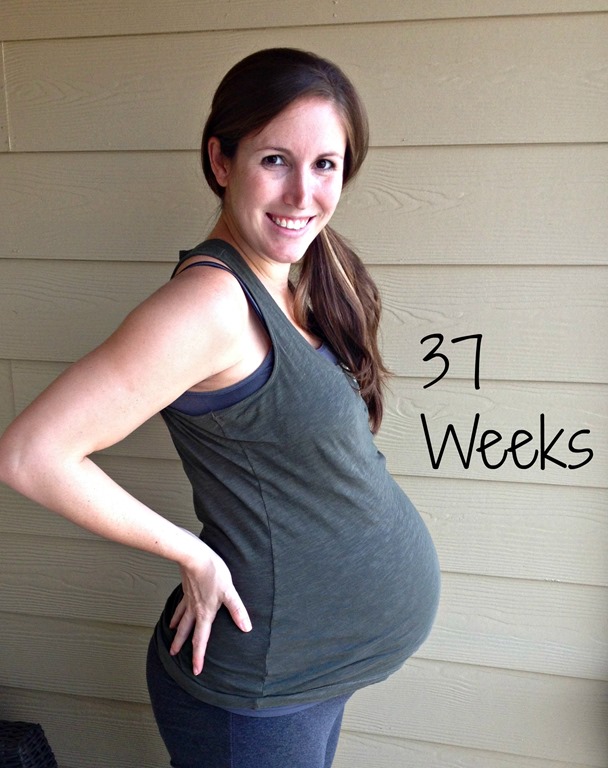
Need further advice or guidance from our maternal child health nurses?
1800 882 436
Video call
- Contact us
- About us
- A-Z topics
- Symptom Checker
- Service Finder
- Linking to us
- Information partners
- Terms of use
- Privacy
Pregnancy, Birth and Baby is funded by the Australian Government and operated by Healthdirect Australia.
Pregnancy, Birth and Baby is provided on behalf of the Department of Health
Pregnancy, Birth and Baby’s information and advice are developed and managed within a rigorous clinical governance framework. This website is certified by the Health On The Net (HON) foundation, the standard for trustworthy health information.
This site is protected by reCAPTCHA and the Google Privacy Policy and Terms of Service apply.
This information is for your general information and use only and is not intended to be used as medical advice and should not be used to diagnose, treat, cure or prevent any medical condition, nor should it be used for therapeutic purposes.
The information is not a substitute for independent professional advice and should not be used as an alternative to professional health care. If you have a particular medical problem, please consult a healthcare professional.
Except as permitted under the Copyright Act 1968, this publication or any part of it may not be reproduced, altered, adapted, stored and/or distributed in any form or by any means without the prior written permission of Healthdirect Australia.
Support this browser is being discontinued for Pregnancy, Birth and Baby
Support for this browser is being discontinued for this site
- Internet Explorer 11 and lower
We currently support Microsoft Edge, Chrome, Firefox and Safari.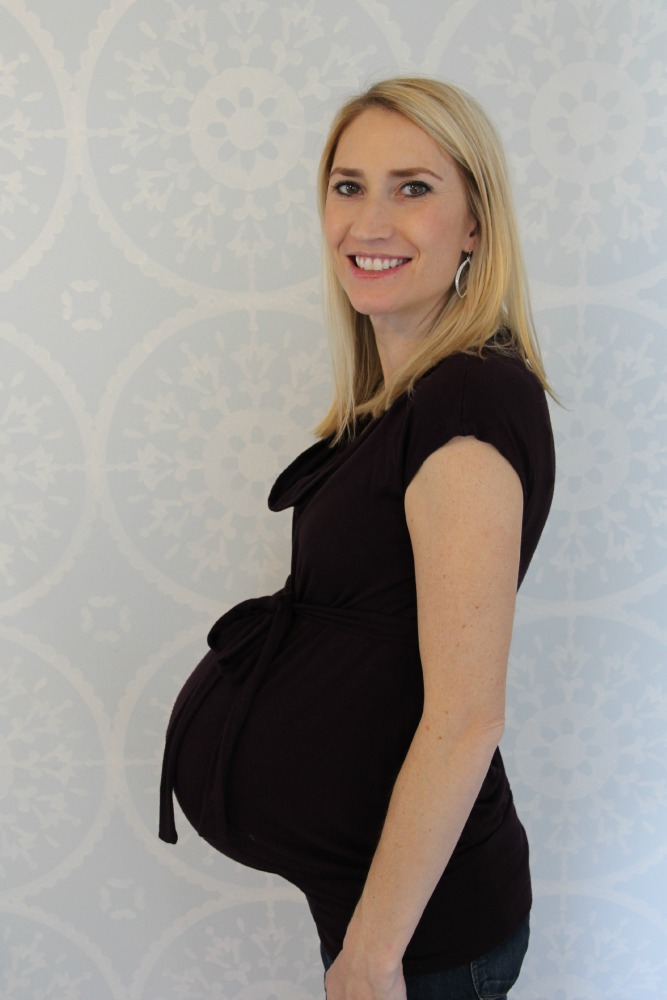 For more information, please visit the links below:
For more information, please visit the links below:
- Chrome by Google
- Firefox by Mozilla
- Microsoft Edge
- Safari by Apple
You are welcome to continue browsing this site with this browser. Some features, tools or interaction may not work correctly.
37-40 weeks of pregnancy
37th week of pregnancy for a baby
At 37 weeks of gestation, the baby is approximately 48 cm tall and weighs 2,600 g. facial features, pronounced cartilage tissue. The accumulation of subcutaneous fat at this stage of pregnancy makes the outline of the body softer and more rounded. The skin of the child is gradually smoothed out, it is no longer as pink as in the previous weeks of intrauterine development, the integument gradually brightens. The body of the baby is still abundantly covered with grease, but the amount of fluff is noticeably reduced, fluff hair remains only on the shoulders and back, in some babies they disappear almost completely.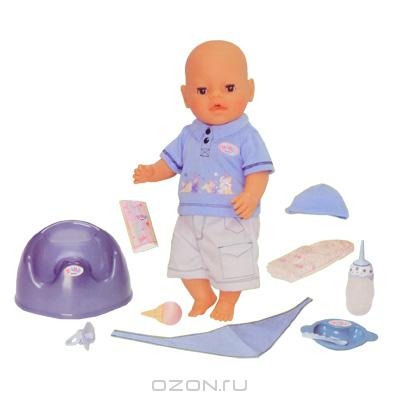
Fat accumulation continues this week. It reaches a maximum of 15% of the total body weight of the child. It is difficult to overestimate the importance of adipose tissue for newborns, it is it that protects the child from overheating or hypothermia, since the baby's thermoregulation system after childbirth is still not sufficiently formed and continues to develop in the first months of a small person's life.
At this time, not only the volume of subcutaneous fat increases, but muscles and skeleton also develop intensively. The child constantly moves arms and legs. These unique workouts help increase muscle mass. Also, the baby makes rhythmic respiratory movements that strengthen the intercostal muscles and the diaphragm, and prepare the respiratory organs for childbirth.
Pregnant woman at 37 weeks
As the due date approaches, pregnant women begin to notice the appearance of their precursors, that is, certain signs, changes that occur under the influence of hormones. The body of a woman is preparing to give birth to a child, progesterone gives way to the dominant role of the birth hormone estrogen, the state of health of a pregnant woman changes.
The body of a woman is preparing to give birth to a child, progesterone gives way to the dominant role of the birth hormone estrogen, the state of health of a pregnant woman changes.
From the 37th week, expectant mothers can observe the following changes:
- slight weight loss;
- abdominal shrinkage;
- the appearance of training or "false" contractions and the increase in their intensity;
- discharge of mucus from the cervix.
The nature of the stool changes, it becomes looser, aching pains in the lower back of varying intensity may appear, the fundus of the uterus descends. A woman notes some signs on her own, others are observed by a gynecologist during a routine examination.
Harbingers do not appear in all women. Some expectant mothers notice only some of the above symptoms, while others observe signs of an impending birth not two or three weeks before their date, but just a few hours. Both the appearance of precursors at the 37th week and their absence are a variant of the norm and depend on the individual characteristics of the woman's body.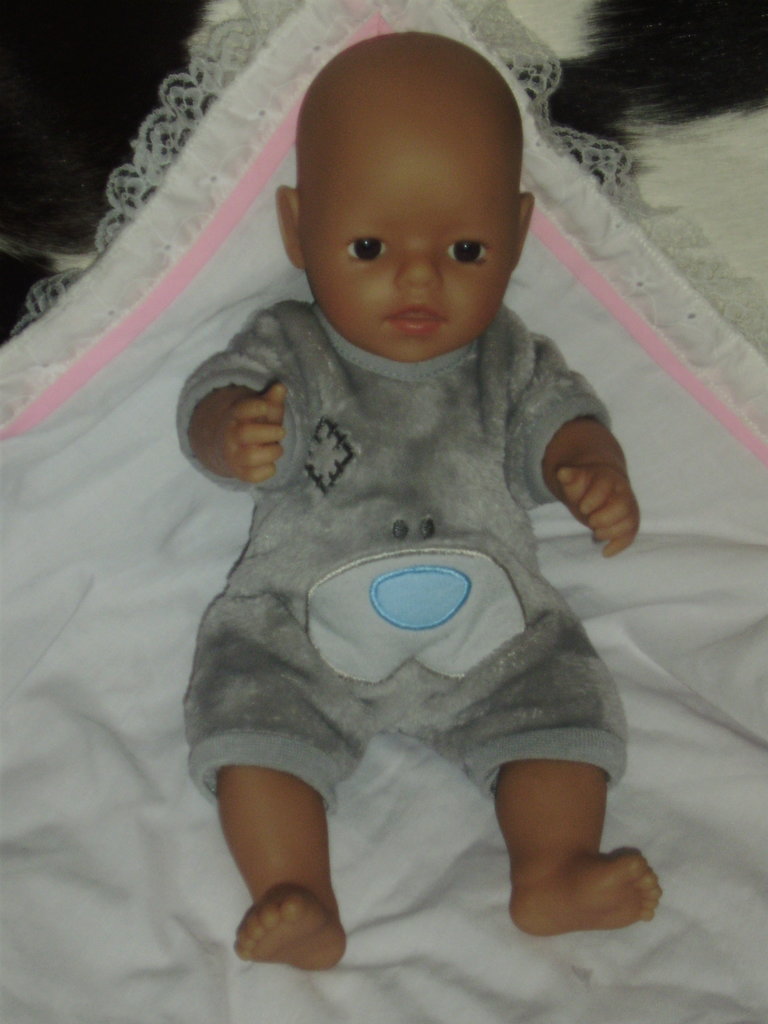
This week the woman's body is intensified preparation for the birth of a child. If the fetus is located correctly, head down, it gradually descends, goes to the lower part of the uterus, presses to the body and bends the limbs, intuitively taking the most comfortable position for passing the birth canal. The consequence of the movement of the fetus is the omission of the bottom of the uterus. The abdomen drops, the pressure on the diaphragm significantly decreases, the pregnant woman can breathe easily, the shortness of breath that haunted her in previous weeks disappears. The pressure on the stomach also decreases, heartburn disappears, a feeling of heaviness after eating and other unpleasant sensations. Moving the baby can put pressure on the bowels and bladder. A pregnant woman at this time often experiences the urge to urinate, may suffer from frequent loose stools. The reason for frequent bowel movements is not only the mechanical effect of the uterus on it, but also an increase in the content of estrogens in the body, hormones that contribute to the excretion of fluid.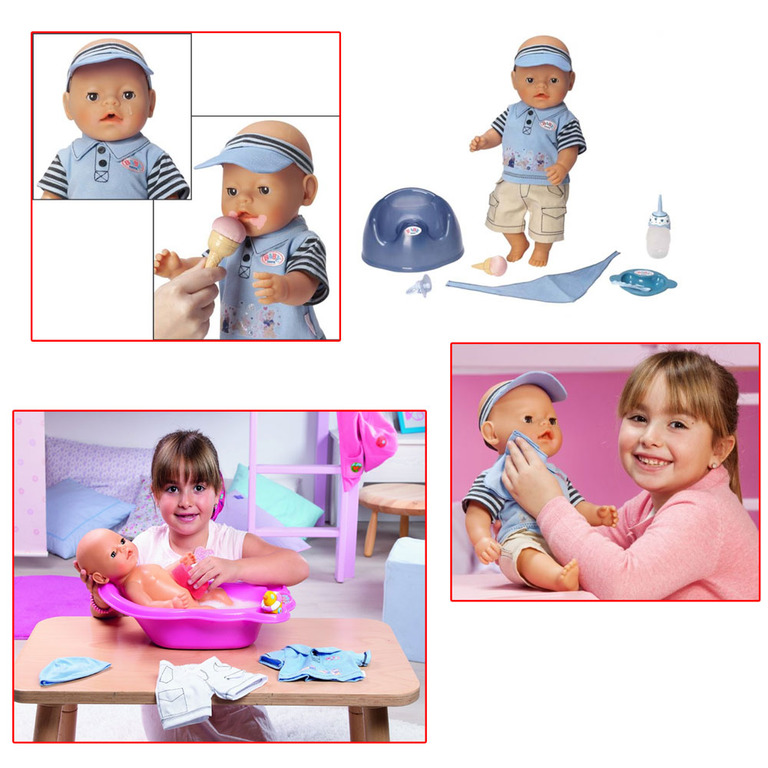 At the 37th week, the expectant mother can empty her intestines up to 3-4 times a day and at the same time observe a significant liquefaction of feces.
At the 37th week, the expectant mother can empty her intestines up to 3-4 times a day and at the same time observe a significant liquefaction of feces.
38th week of pregnancy: the development of the future baby
At the 38th week, the fetus is fully formed, so childbirth at this time is no longer dangerous for both the mother and the baby. The weight of the fetus is about 3 kg, but this indicator can vary significantly for different babies, the weight depends on the individual characteristics of the mother and child, the structural features of the body and other factors. The body length of a newborn is approximately 50 cm.
All organs and systems at 38 weeks of age are characterized by physiological and morphological maturity, they are fully ready for work. At this time, the child prepares for childbirth, makes respiratory movements and prepares the intercostal muscles for breathing. The tissues of the lungs are bathed in amniotic fluid, which helps maintain the right level of surfactant that coats the baby's lungs from the inside.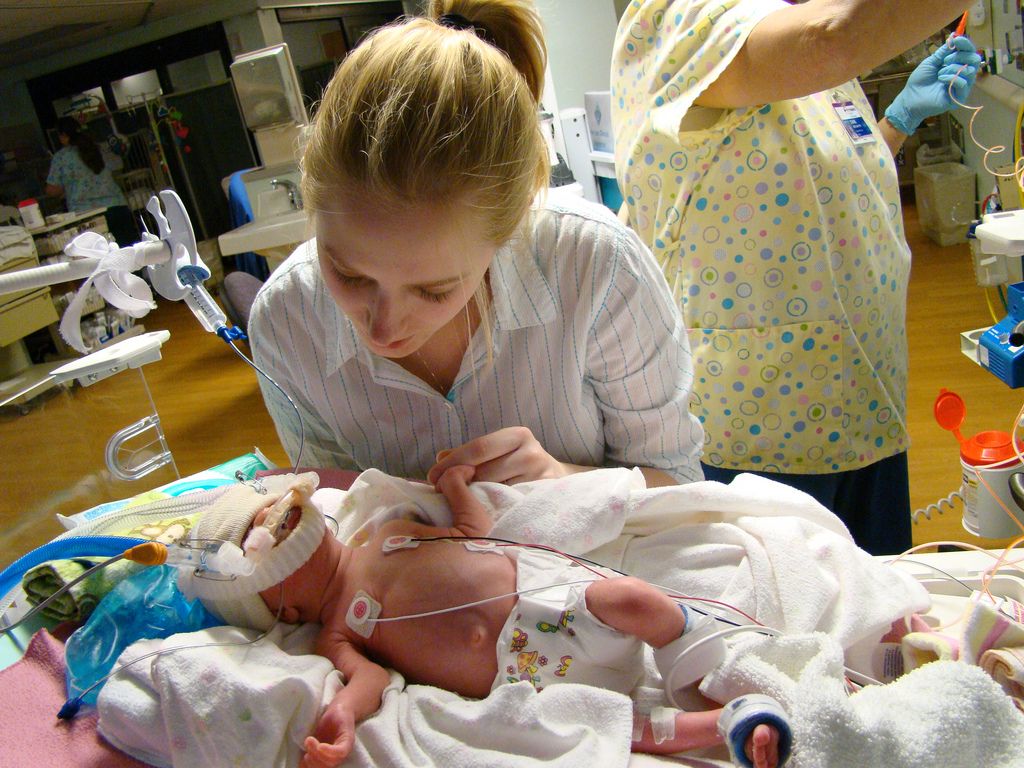 All elements of the respiratory system are ready for use. With the first breath after birth, the alveoli begin to transfer oxygen from the air to the blood, gas exchange occurs, the respiratory and circulatory systems begin to work intensively.
All elements of the respiratory system are ready for use. With the first breath after birth, the alveoli begin to transfer oxygen from the air to the blood, gas exchange occurs, the respiratory and circulatory systems begin to work intensively.
Pregnant woman
The body of a pregnant woman continues to actively prepare for the birth of a baby, the estrogen content rapidly increases, and the progesterone level decreases significantly. A change in the hormonal background contributes to the softening of the tissues of the birth canal and cervix. Throughout pregnancy, the lumen of the cervical canal is closed by a plug of thick mucus, which protects the baby from infection, and the uterine cavity protects against the penetration of microorganisms dangerous to health. In the last weeks of pregnancy, the consistency of the mucus changes, it becomes more liquid and begins to gradually flow out. In some women, mucus leaves gradually, while in other women in labor at the same time.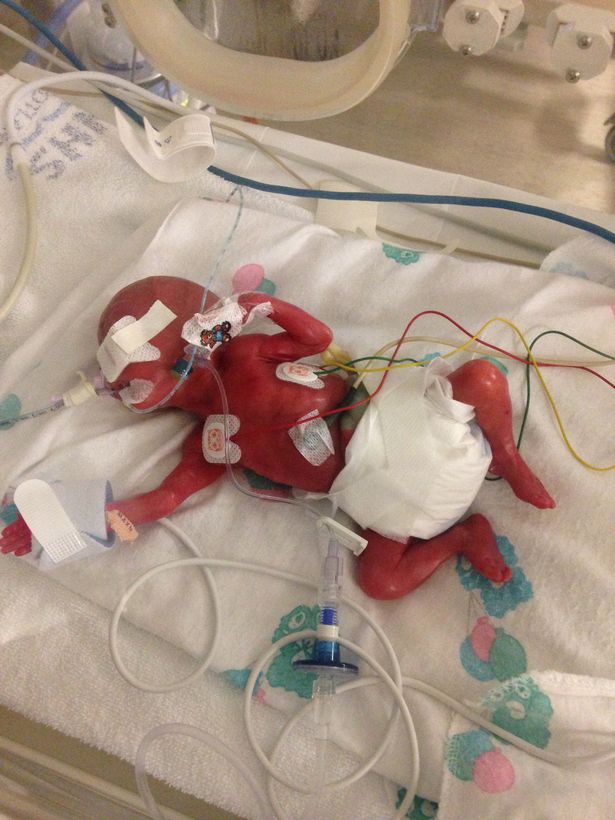 The discharge resembles colorless egg white in its consistency and appearance. Sometimes the mucus is colored pinkish, brown or yellow. The discharge of the cork is painless, a woman may experience a slight feeling of discomfort in the lower abdomen. More abundant vaginal discharge than during the entire pregnancy can signal the passage of the cork.
The discharge resembles colorless egg white in its consistency and appearance. Sometimes the mucus is colored pinkish, brown or yellow. The discharge of the cork is painless, a woman may experience a slight feeling of discomfort in the lower abdomen. More abundant vaginal discharge than during the entire pregnancy can signal the passage of the cork.
A woman should carefully monitor the color and volume of discharge, since too much colorless discharge may indicate not only the cork has come off, but also be one of the symptoms of amniotic fluid leakage. Indicator pads and amnio tests or test strips will help determine the cause of the discharge. Pads are sold in many pharmacies and can be easily used at home. If amniotic fluid leakage is confirmed, you should immediately consult a doctor.
After the mucus plug has passed, you should stop visiting the pool and swimming in open water, as the risk of infection of the child increases significantly. It is also necessary to exclude sexual contact.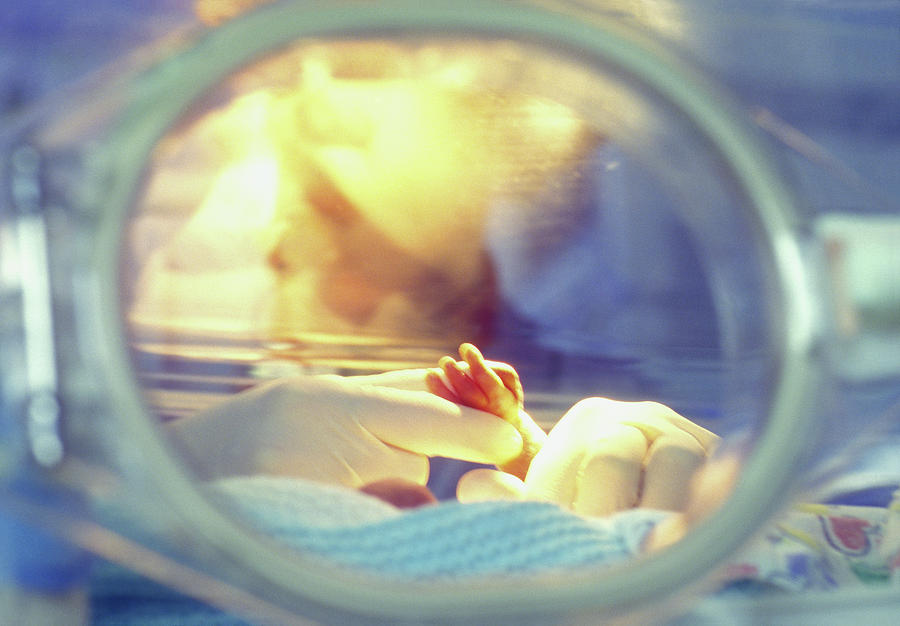
39th week of pregnancy: what happens to the fetus?
At 39 weeks, the baby weighs 3100-3500 g and is 50-52 cm tall. Height and weight are very relative and can vary significantly. The baby is rapidly preparing for the most important test of his life - birth, which requires endurance and considerable effort. During this period of pregnancy, the size and weight of the child's adrenal glands, that is, the glands of the endocrine system, which are responsible for the reaction of the human body to stress factors, increase. It is the hormones adrenaline and norepinephrine produced by the adrenal glands that help the child quickly adapt to new temperature conditions, tactile, sound and light impulses.
All the senses of the baby are developed at 39 weeks. Within a few moments after birth, the baby can focus his eyes, he reacts to bright light and moving objects, many scientists claim that newborns distinguish colors, see the faces of parents and doctors. The hearing of the baby in the last weeks of fetal life is also fully developed; after birth, he reacts to loud sounds and noise. A newborn baby is able to determine the main shades of taste, recognize sour, bitter, sweet and salty.
A newborn baby is able to determine the main shades of taste, recognize sour, bitter, sweet and salty.
In the womb, the baby is in an aquatic environment that minimizes contact. Immediately after birth, the baby experiences many tactile sensations, unlike intrauterine life, he feels the touch of his mother's hands and diapers, towels, dressings and other materials. Babies especially like the touch of skin to skin, so in a modern maternity hospital, newborns must be laid out on their mother's stomach even before cutting the umbilical cord. The child adapts to the new environment more easily, feels protected. Laying out a child has not only a psychological aspect, since it contributes to the colonization of microorganisms from the mother's skin to the skin and mucous membranes of the baby, and increases its immunity.
Pregnant woman
In the last weeks of pregnancy, the expectant mother strives to prepare her apartment or house as much as possible for the arrival of a new family member. Scientists call this sign of impending birth the nesting syndrome. Many women observe signs of the syndrome from the thirtieth week of pregnancy, however, nesting reaches its maximum point at the 39-40th week. Pregnant women tend to do general cleaning and repairs, re-paste the wallpaper and purchase a lot of new things that, in their opinion, are simply necessary in the house. After giving birth, many purchases are puzzling. The reason for this behavior is an increase in the level of adrenaline and norepinephrine in the body. These hormones are produced by the adrenal glands, they are necessary not only for the woman, but also for the baby to prepare for the upcoming birth.
Scientists call this sign of impending birth the nesting syndrome. Many women observe signs of the syndrome from the thirtieth week of pregnancy, however, nesting reaches its maximum point at the 39-40th week. Pregnant women tend to do general cleaning and repairs, re-paste the wallpaper and purchase a lot of new things that, in their opinion, are simply necessary in the house. After giving birth, many purchases are puzzling. The reason for this behavior is an increase in the level of adrenaline and norepinephrine in the body. These hormones are produced by the adrenal glands, they are necessary not only for the woman, but also for the baby to prepare for the upcoming birth.
40th week of pregnancy: how does the baby develop?
40 weeks - term pregnancy. The weight of a child who was born at such a period ranges from 2,600 g to 4,400 g, and his body length is 48-53 cm. These indicators are very arbitrary, since miniature babies weighing 2,600 g and real heroes are born at 40 weeks, whose body weight approaches 5,000 g.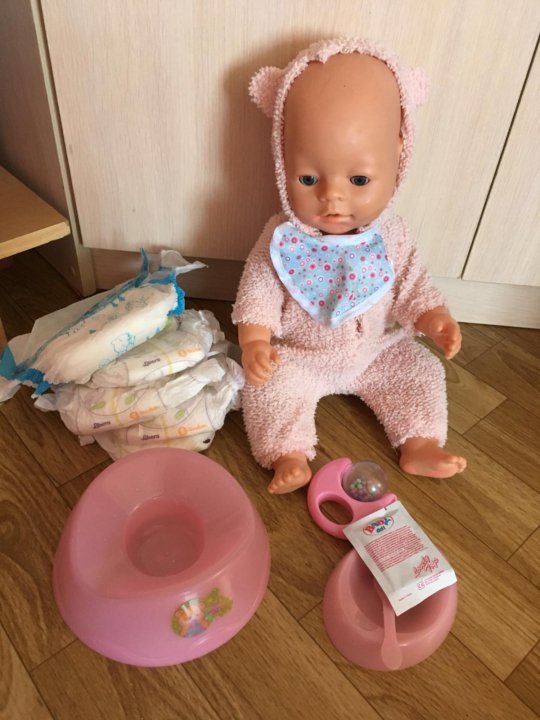 The length of the newborns can also vary from 45 to 55 cm.
The length of the newborns can also vary from 45 to 55 cm.
Most women give birth exactly at 40 weeks. At this time, the baby is completely ready for birth, it meets all the parameters of a full-term baby. Before childbirth, the child closely presses the arms and legs to the body, bends the head as much as possible and presses against the exit from the uterus. This position allows you to make it possible to pass the birth canal with the narrowest part of the skull. In the course of labor, with each contraction, the child gradually moves down, he does not move in a straight line, but makes helical-translational movements, as if screwing into the mother's birth canal. During the progress of the newborn, the complete descent of his head, the cervix fully opens. This is followed by attempts, that is, contractions of the uterus, which advance the child through the birth canal. Gradually, the head of the baby is shown, and after it - his torso. Childbirth is a complex mechanism that is aimed not only at the safe passage of the birth canal by the child, protecting him from accidental injuries due to increased pressure, but also at preventing ruptures of the woman's soft tissues.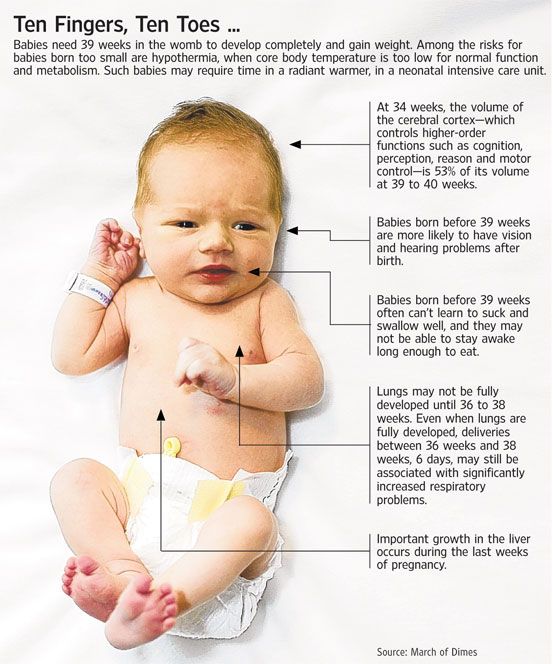
Pregnant woman
The long wait for meeting her unborn child is coming to an end, and the 40th week of pregnancy is the last for most women. Every day, the anxiety of the expectant mother increases, a long wait affects the mood and well-being. Women strive to have a baby as soon as possible so that pregnancy and painful contractions are a thing of the past. Every pregnant woman dreams of meeting a baby, wants to hug him to her chest and stroke the delicate head.
Many women, especially primiparas, are afraid that labor will begin unnoticed, but such cases are extremely rare. A woman feels the onset of childbirth, feels regular contractions, which are repeated at regular intervals and gradually increase, the time interval between them is reduced.
Labor may be preceded by prenatal rupture of amniotic fluid, which occurs in a certain percentage of women in labor. After the waters break, contractions may be quite weak or completely absent. Regardless of the intensity of contractions, the outpouring of water is one of the signs of the onset of labor and requires immediate contact with specialists, hospitalization of a woman in a maternity hospital or hospital, since when the water breaks, the integrity of the bladder is violated and the risk of penetration of microorganisms dangerous to the health of the child increases into the uterine cavity.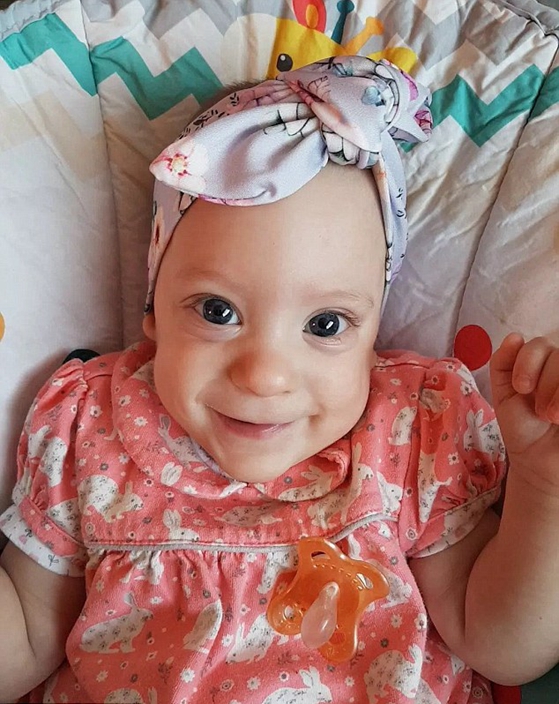 It is important that after the water breaks, the baby is born in a maximum of 10-12 hours.
It is important that after the water breaks, the baby is born in a maximum of 10-12 hours.
A pregnant woman should properly tune in to childbirth, concentrate on the desired result and believe in her own strength, fulfill the task assigned to her by nature. The right psychological attitude and theoretical knowledge will help a woman become a mother, successfully go through all the stages of childbirth and press the long-awaited child to her heart.
Even babies born a little prematurely are in poorer health
Subscribe to our newsletter "Context": it will help you understand the events.
Image caption,Around 100,000 babies a year in the UK are born between 37 and 38 weeks
Pre-term babies are at higher risk of health problems in infancy than normal-term newborns, a new study has found.
Doctors say they have decided to test claims that babies born after 37 weeks are not as healthy as babies born in the womb for a full term of pregnancy.
A study published in the British Medical Journal examined the health status of 14,000 children born 10 years ago before they were five years old.
Health-related visits to hospitals and diseases in children such as asthma were checked.
Breathing problems
The previous study looked at premature babies born before 32 weeks.
However, this study suggests that late-born premature babies also require special attention.
Babies born before 39 weeks are slightly more likely to have health problems before the age of five, according to a recent study. And the earlier the child is born, the higher this risk.
For example, 15% of term babies experienced breathing problems or asthma at an early age. The same figure for children born a little earlier is 17%.
They also visited hospitals more often.
In the UK, about one in five babies, or about 100,000 babies a year, are born at 37-38 weeks.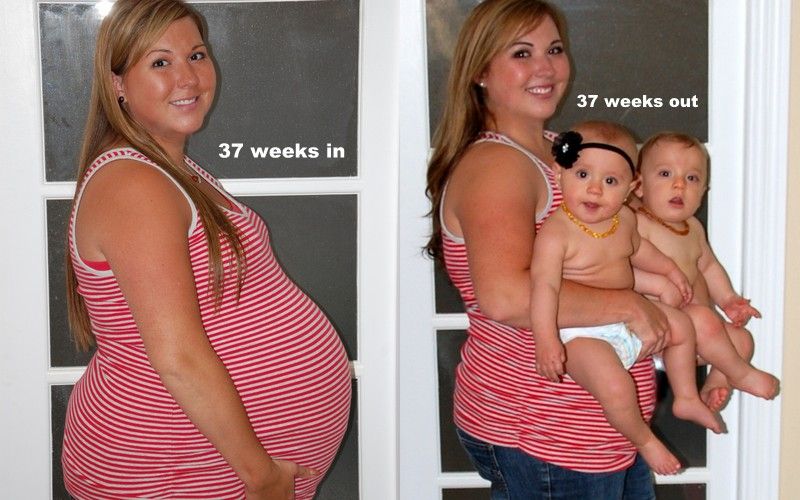
The authors of the study emphasize that parents should not worry about the small percentage increase in the risk of their premature baby's health.
But research should instead increase public health attention to such families, scientists say.
Risk level
Skip the Podcast and continue reading.
Podcast
What was that?
We quickly, simply and clearly explain what happened, why it's important and what's next.
episodes
The End of the Story Podcast
The study was conducted by the Universities of Leicester, Liverpool, Oxford and Warwick with the participation of the National Perinatal Epidemiology Center.
"We found out that we used to be wrong when we simply divided babies into full-term and preterm babies," says Dr.